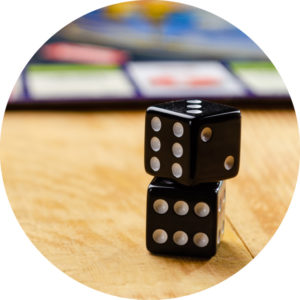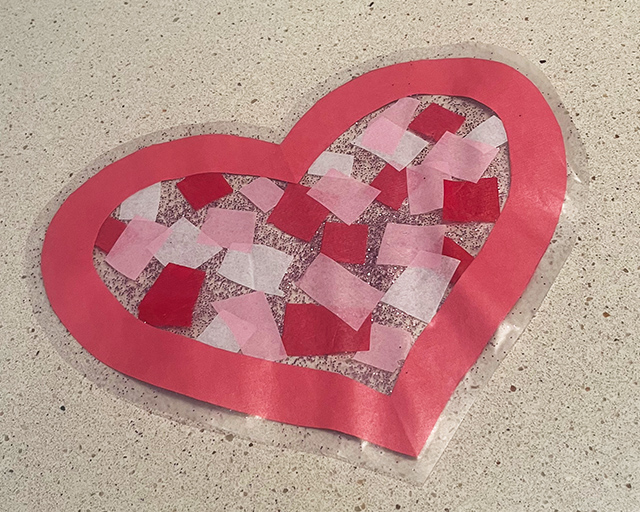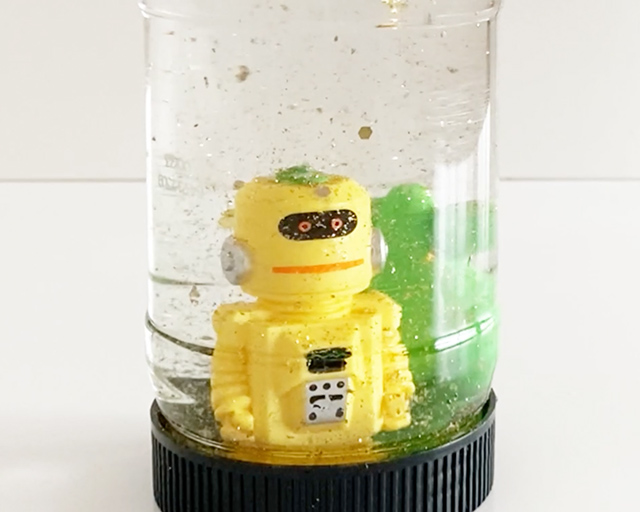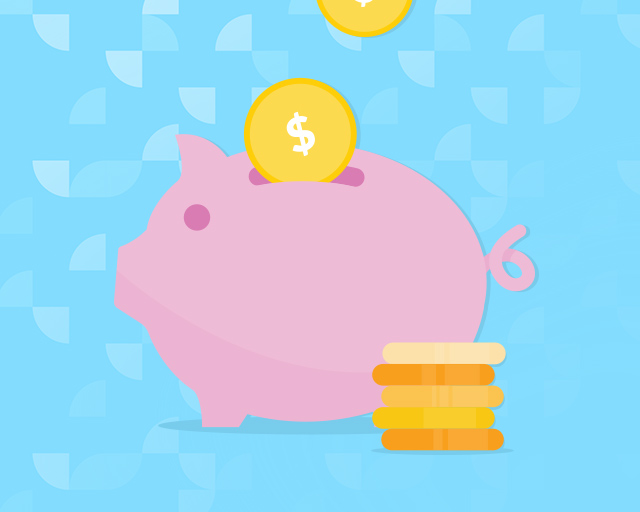

8 helpful tips
What kids learn about money can last a lifetime. Smart money habits can set them up for a bright financial future. And these lessons don’t need to be complicated. You can blend simple games, activities and discussions into daily life.
Here are some tips for teaching kids about money – and keeping the conversation going as they grow.

teach through games
Playing pretend teaches kids to think ahead and make choices. Playground games can help build self control.1 And board games can give kids a chance to make spending decisions using play money.

make a game of shopping, too
At the store, ask your kids to hunt for the lowest price on a specific item,2 or have them point out the least and most expensive in a group of items.3

add interest
Remember that piggy bank? Use it to teach your kids the rewards of saving by paying them “interest.” For every dollar saved, add a nickel, dime (or whatever you can afford). Keep the interest payments in a separate jar, so your kids can watch them grow.4
Oh, and if you missed our DIY piggy bank post, you can find it here: http://bit.ly

make the most of story time
Find books to read with your kids that teach about money. Your local library can help you get started. The Consumer Financial Protection Bureau has a list of books, too:
https://www.consumerfinance.gov/consumer-tools/money-as-you-grow/bookshelf/

talk about TV ads
Chances are that your kids watch a lot of TV. While enjoying favorite shows together, talk about the ads you see. Discuss how advertisers use images, music and catchy phrases to make people want to buy things.5

share family matters
As they get older, include your kids in family meetings and discussions about money. Talk about costs like housing, car payments, food and clothing.

explain credit basics
If you have a credit card or credit account, show your kids a monthly statement. Explain that the purchases you make with a credit card still need to be paid for. Point out interest and finance charges that may appear on the statement.

teach by example
Make smart buying decisions and share with your kids why you made them. Demonstrate credit building by making on-time payments.6
Want more? Check out these websites for age-appropriate lessons and activities:
Money As You Grow by Consumer Financial Protection Bureau
https://www.consumerfinance.gov/consumer-tools/money-as-you-grow/
FDIC Money Smart Activity book
https://catalog.fdic.gov/catalog/s/productdetail?selProductId=01tt0000000DCgAAAW
MyCreditUnion.gov activities and games
https://www.mycreditunion.gov/financial-resources/activities-apps
1 https://www.consumerfinance.gov/about-us/blog/kids-home-money-skills/
2 https://www.experian.com/blogs/ask-experian/how-to-teach-your-kids-about-finance/
3 https://finred.usalearning.gov/assets/downloads/Raising%20Financially%20Fit%20Kids%202016.pdf
4 https://mymoney.vermont.gov/financial-education/kids-and-money/learn-tips-teach-younger-kids
5 https://www.consumerfinance.gov/about-us/blog/kids-home-money-skills/
6 https://www.experian.com/blogs/ask-experian/how-to-teach-your-kids-about-finance/









